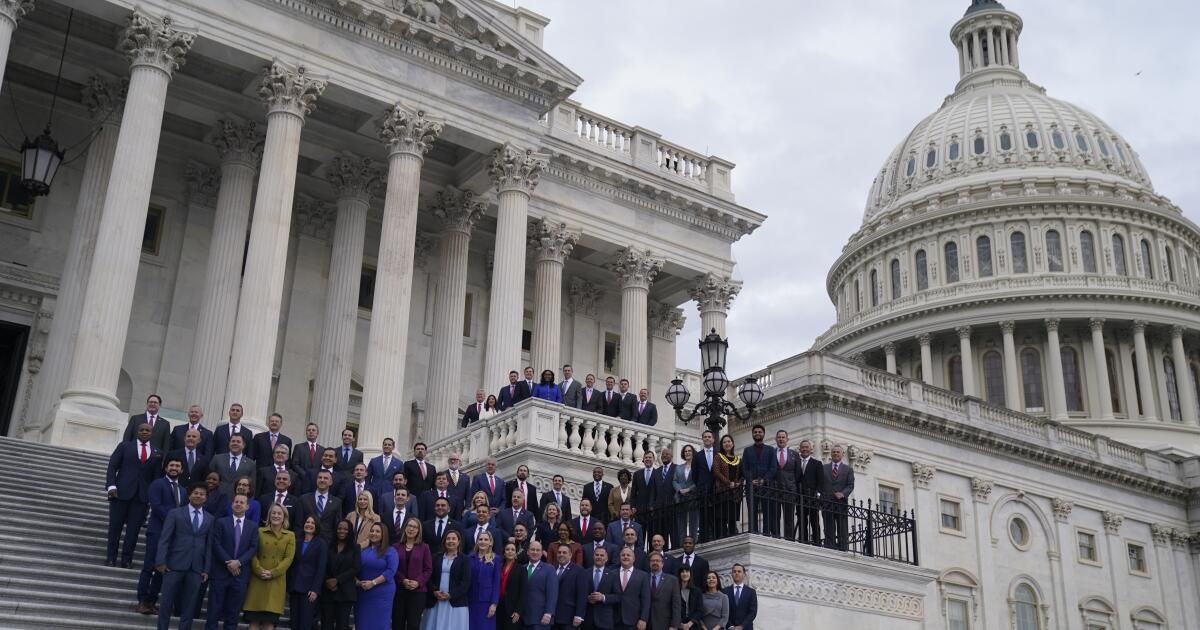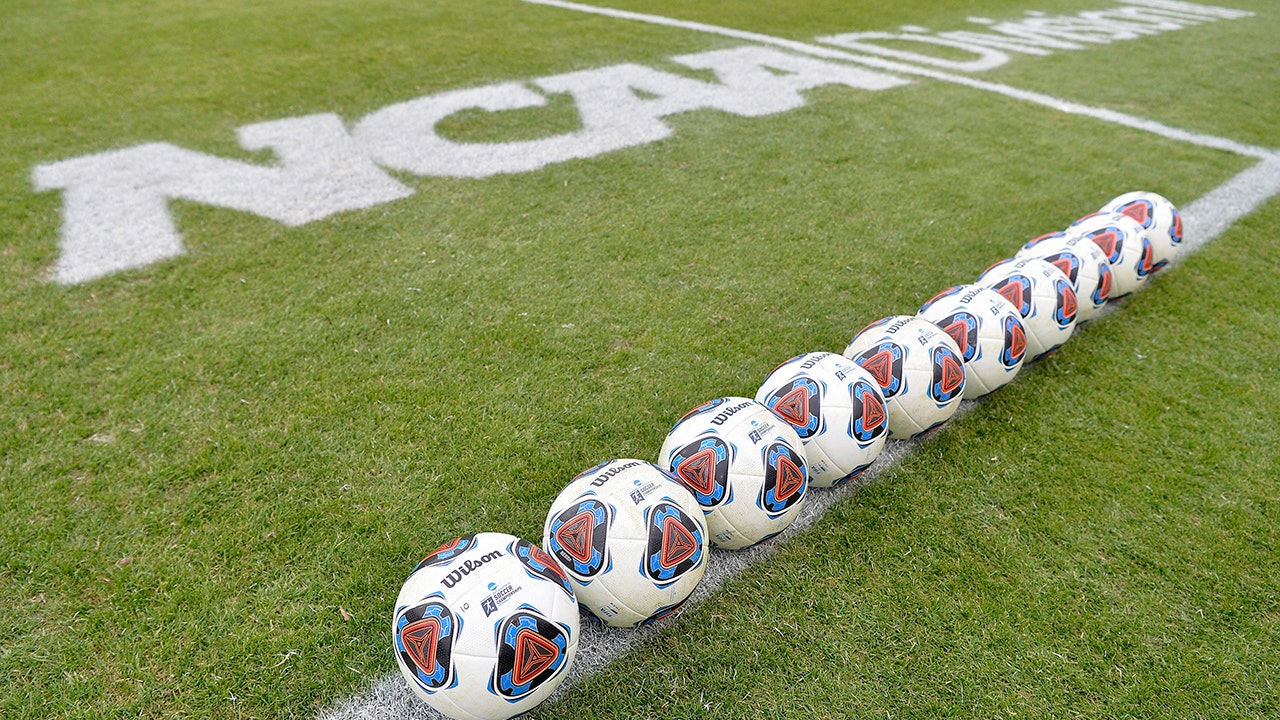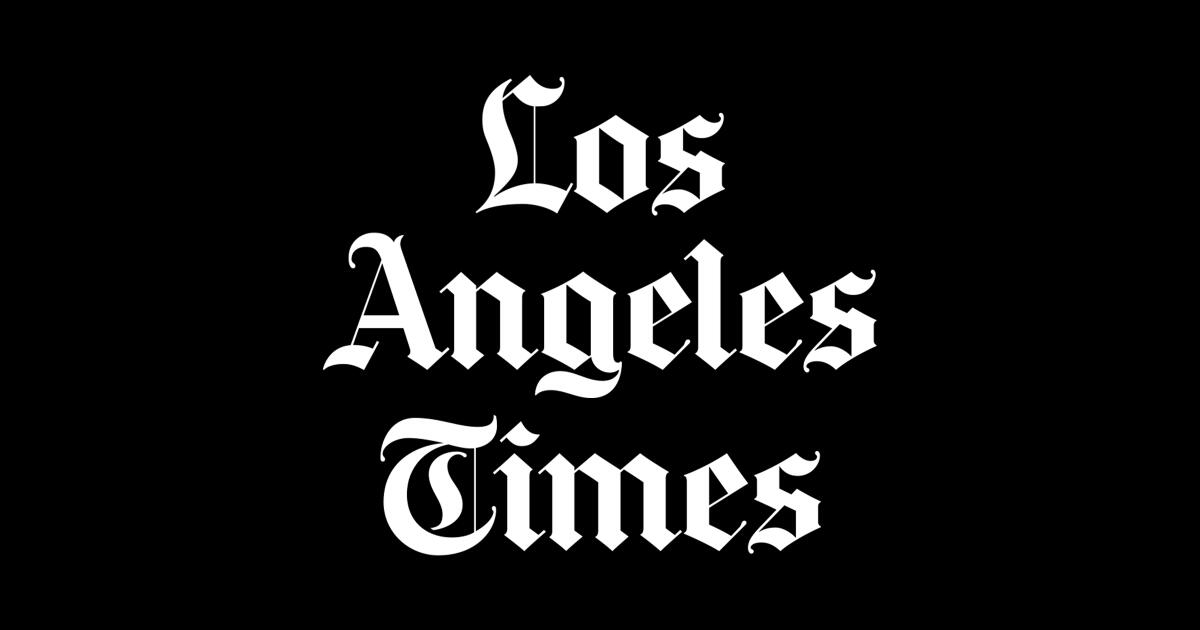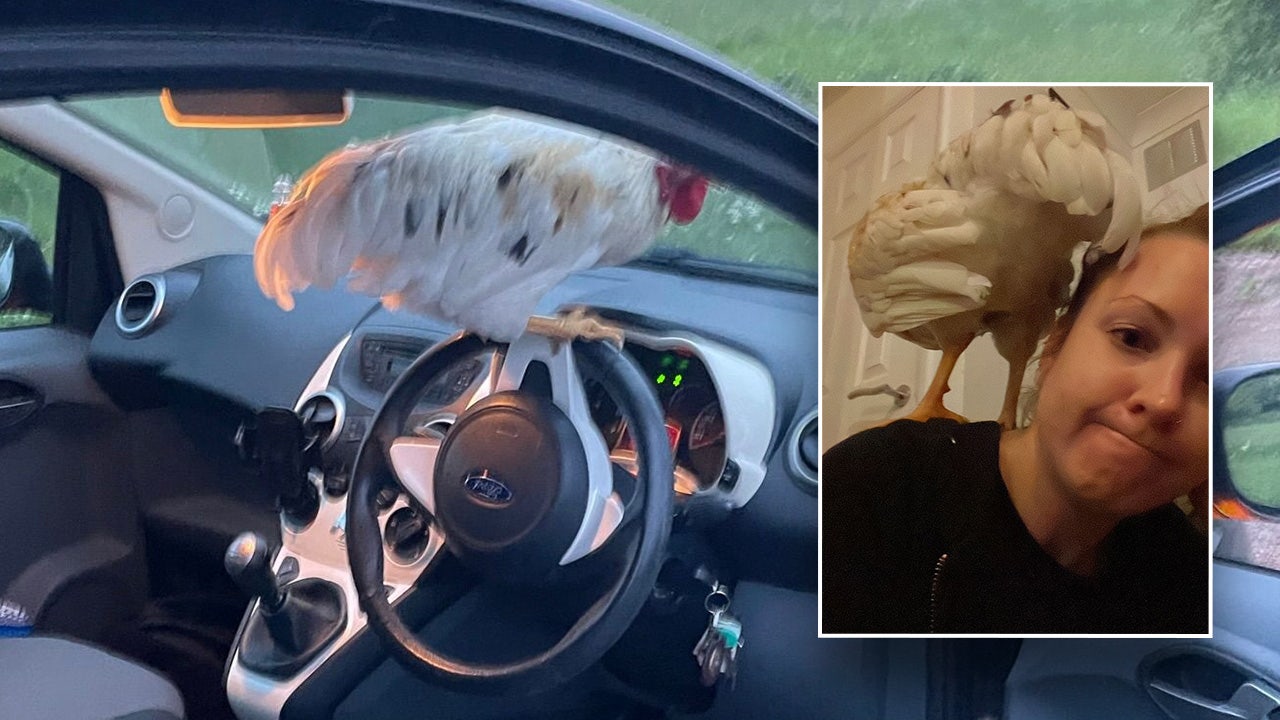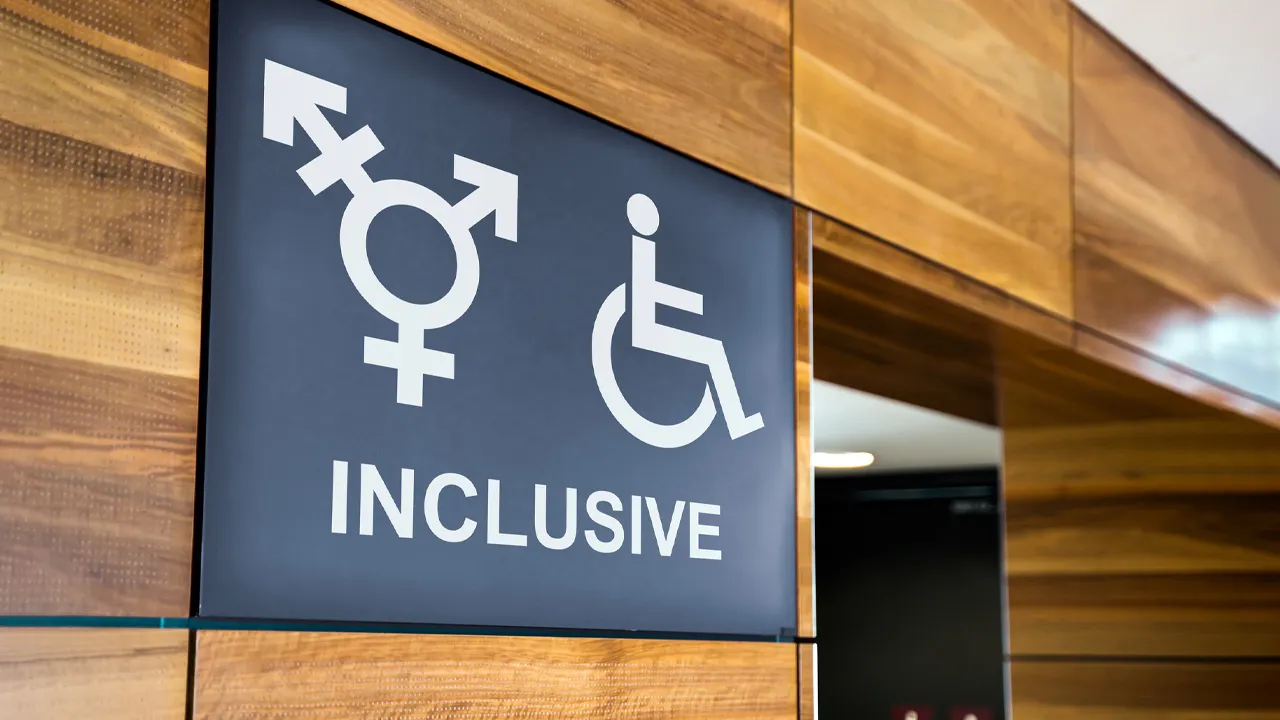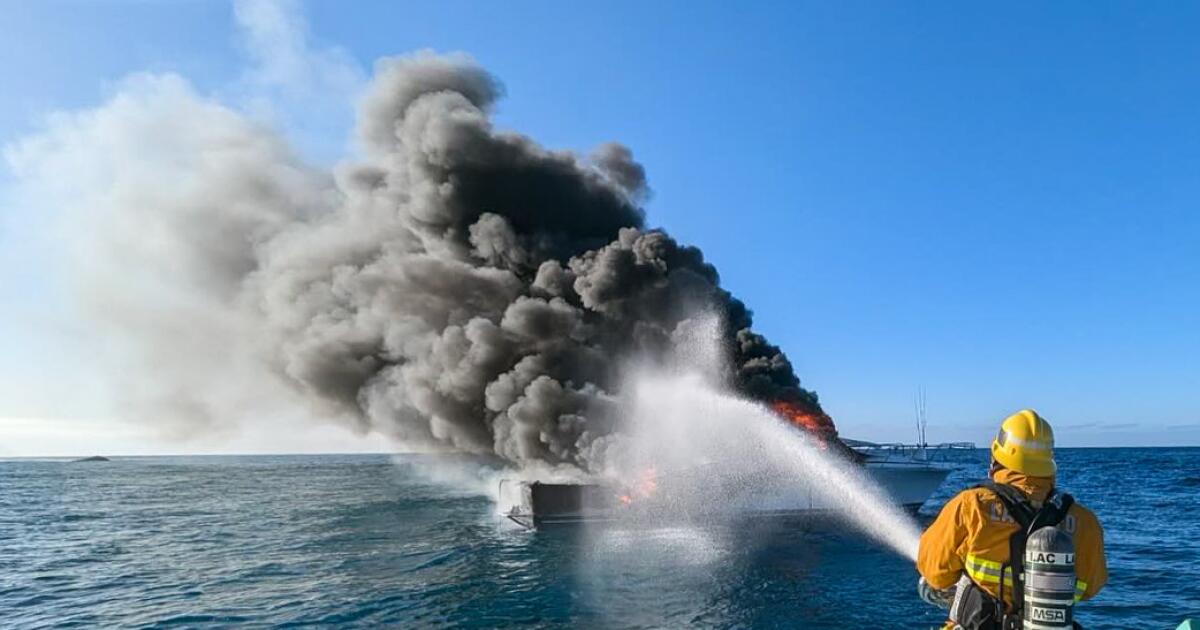The air was muggy and the afternoon sun scorched the streets of the nation’s capital. But when I visited last month, I made sure to walk the two miles from my hotel to the U.S. Capitol instead of taking an Uber, so I could see it in all its glory.
I didn’t have much time for sightseeing, but a pilgrimage to the seat of American government was a must. Since January 6, 2021, when a mob of thousands stormed it to try to stop the counting of electoral votes that would officially make Joe Biden president, the symbol of our democracy has served as a reminder of how fragile it is.
Before that attempted coup, the U.S. Capitol was an abstraction to me, a series of images—that impressive dome, those towering columns, but mostly the magnificent staircase—where a bunch of politicians passed laws but mostly flaunted their presence. Heck, I didn’t even know there was a front and back entrance until I wandered over to it down Pennsylvania Avenue. I’d been to D.C. before, but I’d stumbled across the Lincoln Memorial, the Washington Monument, and a few other landmarks, but not the Capitol.
It's huge! The white building shines like a promontory of power, with trees from all over the United States scattered across the grounds below. Its magnetism was such that I paid no attention to the reflecting pool, the Ulysses S. Grant memorial, or the peace monument below.
What broke the spell were the people around me.
Filipino men in barongs and Muslim women in hijabs. Argentines joking in lilting Spanish and Australians with their distinctive loquacious accents. I’m not sure if they were foreign tourists or immigrants, but they were easy to pick out from the locals, who hurried about the rest of their day, uninterested in the splendor the rest of us were enjoying. We gawkers used the Capitol as a backdrop for group photos and selfies, paying little attention to the barricades and police officers blocking us from climbing the West End stairs.
That scene is on my mind on this country’s 248th birthday, especially after the horror show that was last week’s presidential debate between Biden and the man the insurrectionists wanted to keep in office, Donald Trump. All the talk in the immediate aftermath was Biden’s performance, with some, including Democrats, ridiculing him as something akin to the Cryptkeeper from “Tales from the Crypt.”
Biden was no eloquent Socrates, but then again he never was, and the commander in chief got better as the night went on. Plus, I prefer his old-fashioned attitude to the lies and dictatorial pessimism Trump offered that night.
But Biden broke my heart, because he remained silent for most of the time while Trump railed against immigrants as the gravest threat this nation has ever faced. The convicted felon barely bothered to distinguish between legal and illegal immigrants. He claimed that Biden “opens up[ed] “Our country is full of people who come from prisons, from psychiatric institutions, from mental asylums, from terrorists,” and then mentioned “psychiatric institutions” twice more, as if people with mental illness were subhuman. He described the U.S.-Mexico border as “the worst … in the history of the world” and “the most dangerous place in the world,” which will be news to residents of Gaza and those on the front lines of the Ukraine war.
When we needed someone to stand up for newcomers to our nation, to boast about how this country remains a beacon for the world’s tired and poor masses rather than the “failed nation” Trump believes us to be (a point he repeated five times), Biden instead insisted he was far better at fighting illegal immigration than Trump made him out to be.
Trump's most forceful line that night: “I really don't know what he said.” [Biden] “He said at the end of that sentence. I don’t think he knows what he said either,” was the president’s response, which he muttered as he boasted about increasing the number of Border Patrol agents and making it harder to apply for asylum.
If Biden won't stand up to the xenophobic nonsense spewed by a bully, who will?
Supporters of then-President Trump attempt to breach a police barrier on January 6, 2021, at the Capitol in Washington.
(Julio Cortez / Associated Press)
I have lived my entire life hearing that uncontrolled immigration, legal or not, will ruin America. I have never seen this apocalypse coming. No, it has been mostly white, native-born Americans who continue to complain that we are no longer great, but who do little to make things better, other than move to Tennessee or Idaho. It is immigrants and their descendants who have kept the embers of the American way of life from dying out by emphasizing hard work, community, and personal responsibility.
Newcomers who want to improve their lives are who we should be celebrating on the Fourth of July. Yet multiple polls show that a majority of Americans, including Latinos, feel our borders are under attack. The temperature around immigration is even worse than during the days of Proposition 187, the ballot initiative California voters approved 30 years ago in an attempt to make life miserable for undocumented immigrants. Back then, people came together to fight. Now? Few seem to care.
The weight of the situation hit me as I walked around the Capitol to see its official entrance, where the insurrectionists invaded on January 6. The sun was setting just behind the dome, casting a long, frigid shadow even on a hot day. Police were everywhere. Metal barricades prevented people from climbing the steps leading to the House and Senate chambers and the Rotunda. A few tourists lingered beside me, but they quickly left.
I approached an area without fences and a policeman politely but firmly told me to go ahead. It looked like a crime scene, and we were the victims.
Both political parties claim that it's already night in America, but I will always be an optimist. What else can I do? This country has exceeded the expectations of my Mexican immigrant parents and myself. It's not perfect, but that's what makes it so wonderful: America belongs to those who work for it, to those who have hope.
The day after my visit to the Capitol, I walked past the White House tourist entrance. Free tours for the public didn’t start until 9:30 a.m., but the line to get in stretched up and down the door two hours beforehand. Men in turbans stood next to college students wearing University of Wisconsin T-shirts. English, Spanish and Mandarin filled the air.
The American flags some people wore on their hats or as jewelry didn't seem like a political statement, but rather a symbol of communion. The guards standing watch were cheerful. There were no complaints, just excitement about the shared joy of what they were about to see.
That's the America I celebrate this July 4th, and I pray it will continue to be that way come Election Day.

